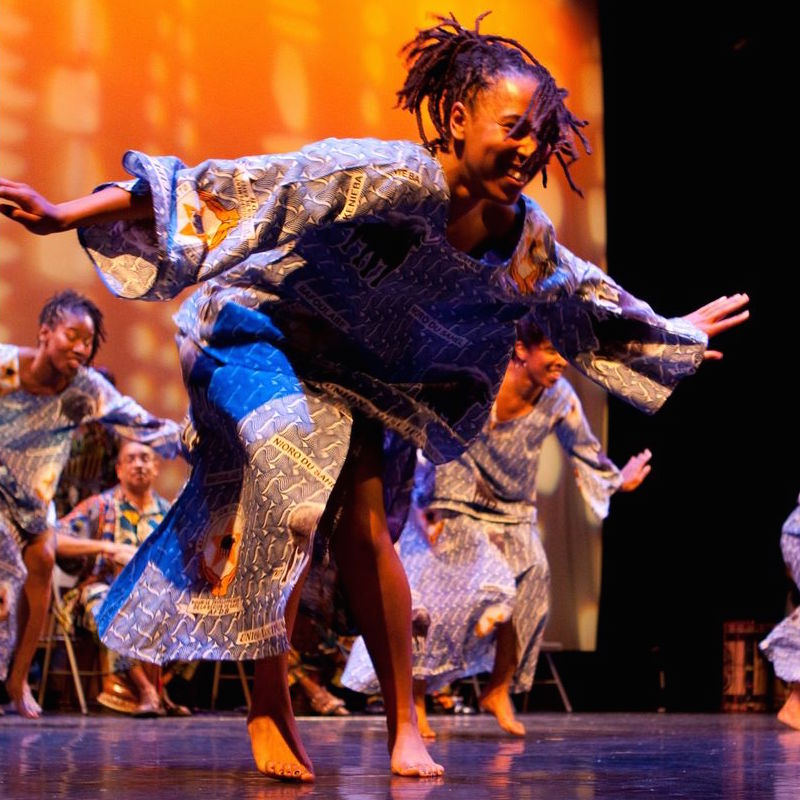On Privilege and Compassion
“Compassion is not a relationship between the healer and the wounded. It’s a relationship between equals. Only when we know our own darkness well can we be present with the darkness of others. Compassion becomes real when we recognize our shared humanity.” ~Pema Chödrön
It is impossible to live in Boulder without noticing the stark contrast between the upper and lower classes. The county is home to a large and visible population of homeless people, many of whom are adolescents. Addressing this issue has been a personal passion of mine since I first moved to Colorado and worked at Attention Homes, Inc., a shelter for Runaway and Homeless youth, more fondly known as “The Source” several years ago. I particularly loved working the outreach shift, in which myself and a volunteer would take food out to the homeless population who reside in the downtown Boulder area. We would keep a special eye out for kids and refer them to The Source for laundry, showers, food, resources, or just a safe place to hang out. During my time at the Source, I got to know some of the kids. I heard many difficult stories, and witnessed incredible resilience. I had the privilege of getting to know them as people rather than stereotypes. I would go out of my way to find coats, backpacks and shoes for them. I would worry about them on cold nights. I truly believe that as a community we are only as well off as the least of us. As human beings, we are all responsible for taking care of one another. True compassion is a difficult thing. It is a constant practice of humbling myself and battling against my ego. Because it is much easier to look the other way; to distance myself from the poverty and homelessness that surrounds me. Because the alternative means that I have to do something about it. I have to take practice what I preach and help those who are less fortunate than myself. And for a long time this was absolutely terrifying for me. But once I started talking to people, and hearing their stories, struggles and triumphs, it became impossible for me to look the other way. Now whenever I see a homeless person on the street with a cardboard sign, I stop. Even if there is nothing I can give at that moment, I make a point to look them in the eyes and smile. I can at least acknowledge that this is a human being that I am facing, not just a “bum”. I can stare down my discomfort and acknowledge my privilege because I know that had I been born into different life circumstances, I could easily be standing in their shoes.

Tajah Sahar Schall MA, LPC, R-DMT
I provide somatic (body-based), social justice oriented counseling to individuals, couples and families of all sociocultural backgrounds. I support adolescents and their families through the unique and often difficult time of transition by incorporating movement, nature and rites of passage into the therapeutic process.
Location
Zoom sessions only for the time being
Call for Appointments
(215) 605-0280
